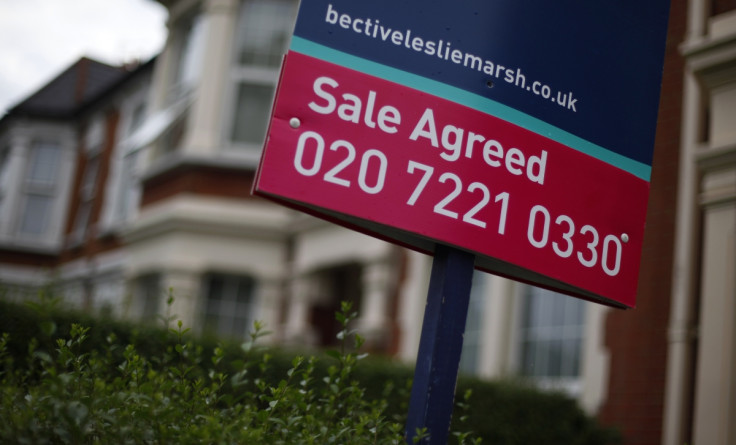Rapid UK House Price Growth Slows Amid Tighter Mortgage Rules

The rampant pace of house price growth in the UK is slowing, though the ongoing lack of housing supply remains a problem.
Nationwide said in its monthly index that the average price of a UK house hit £188,949 in July after rising by just 0.1% over the month.
This was 10.6% higher than the same month a year below, rapid growth but slower than June 2014's annual rate of 11.8%.
Slowing house price growth comes as regulators take action to curb risky behaviour in the mortgage market.
The Financial Conduct Authority (FCA) has imposed stricter affordability tests on the market, meaning lenders have to be more vigilant about the ability of borrowers to make their debt repayments, such as if interest rates rise sharply.
And the Bank of England will impose a cap on the mortgage market from October 2014. It will mean only 15% of a bank's net new mortgage lending can comprise loans worth 4.5 times or more the applicant's income.
Both of these measures are being put in place over household indebtedness concerns. The sharp rise in house prices means property buyers have to take on bigger mortgages.
The low interest rate climate, thanks to the Bank of England's record-low 0.5% base rate, has meant some households are able to afford the repayments on larger mortgages.
But when the central bank hikes rates as the UK economy strengthens, which markets currently expect to happen at some point in early 2015, it threatens to push those who stretched themselves too far financially with their mortgage into default.
So the FCA and Bank of England have moved to ensure that people aren't able to take on mortgages at a high multiple of their incomes.
This cooled off mortgage approvals, which declined between January and May, but started rising again in June.
"With the labour market strengthening, mortgage rates expected to remain low and consumer confidence rising, activity is likely to recover in the months ahead," said Robert Gardener, chief economist at Nationwide.
"Over the longer term, the trajectory of house prices will remain crucially dependant on supply side developments.
"While there have been some encouraging signs that construction activity is picking up, the pace of home building continues to run far below most estimates of what would be required to keep up with household formation in the years ahead."
It is the rising demand and taut housing supply that is pushing up house prices. House building is running at around half the level needed to match demand.
© Copyright IBTimes 2025. All rights reserved.






















